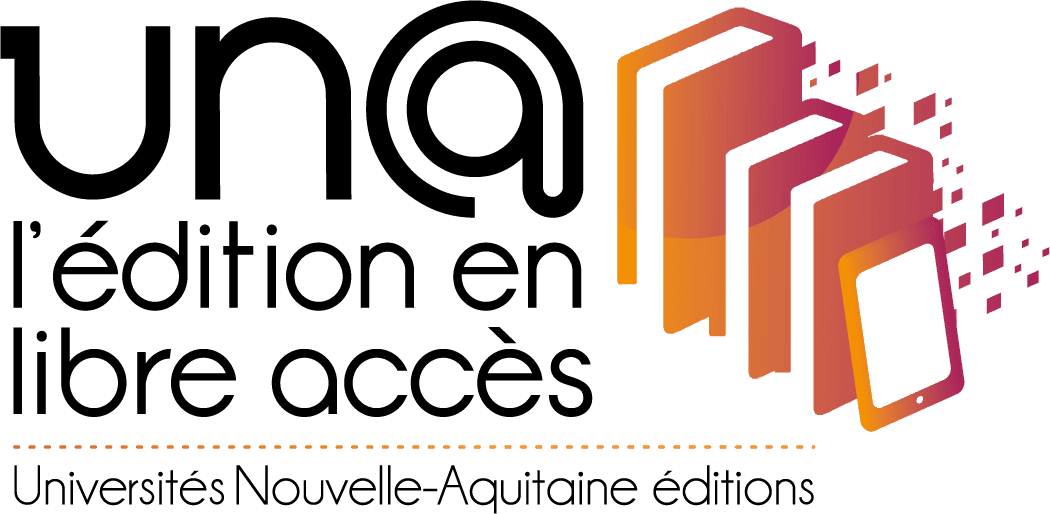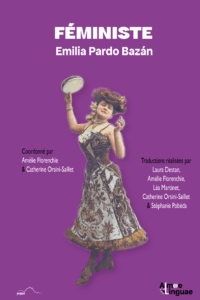UN@ est une plateforme d'édition de livres numériques pour les presses universitaires de Nouvelle-Aquitaine
Catégorie : Langues
À l’occasion de la célébration du centenaire de sa mort, une série d’ouvrages a permis de mettre en lumière l’engagement féministe d’Emilia Pardo Bazán (1851-1921), une écrivaine du panthéon littéraire espagnol encore peu connue du public français.
La dernière nouvelle du recueil est la seule qui se déclare ouvertement « féministe » : tout un programme ! Elle raconte comment Clotilde, une épouse humiliée par son mari, Nicolás, se venge des mauvais traitements qu’il lui a fait subir pendant des années.
Cette nouvelle aborde la question de l’inégalité sociale, à travers une jeune paysanne qui doit partir travailler comme nourrice chez ses maîtres à Madrid, et celle de la jalousie masculine car elle doit en outre faire face à la méfiance de son mari.
Dans « Simplette », Pardo Bazán aborde la question de la maternité sous un angle plutôt inattendu. L’écrivaine ne considérait pas que la femme devait être mère pour être accomplie selon une mystique très en vogue au XIXe siècle, mais plutôt que c’était une expérience qui pouvait s’avérer très heureuse.
C’est sans doute la nouvelle la plus sinistre du recueil, et la plus longue aussi, qui raconte la vengeance d’un homme qui prend les femmes de tout un village pour cible.
Autre féminicide, plus original si l’on peut dire, puisqu’il repose sur la « technique » de l’emmurement à laquelle Emilia Pardo Bazán consacre plusieurs nouvelles.
Cette nouvelle aborde la violence conjugale sous un angle inattendu : il est moins question de la victime, Remigia – ou de son bourreau de mari, le Noiraud – que de celui qui l’a vengée, Juan Vela, seul coupable aux yeux de la justice.
Le titre de cette nouvelle suggère qu’elle rapporte un fait divers banal, une rixe qui s’est déroulée lors d’une fête de village, comme il y en a tant. Elle témoigne en réalité de l’intolérance dont peut faire preuve toute une communauté à l’égard d’une femme dès lors qu’elle est différente.
Cette nouvelle traite d’une forme de violence basée sur la rumeur. La jeune et belle Mariña est d’abord victime de violences conjugales mais la fortune lui sourit et son bourreau meurt accidentellement.
Dans cette première nouvelle, l’écrivaine offre une réécriture parodique de la Genèse où Ève est victime de la jalousie d’Adam. Pour une femme que l’on a considérée pendant des décennies comme très pieuse, elle fait preuve ici de beaucoup d’irrévérence.



